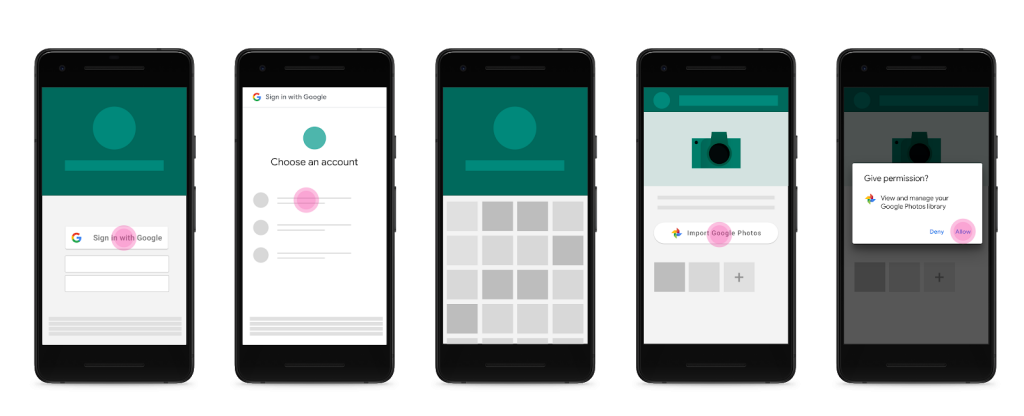Take a Look on How Google is Remodelling Gmail and Android Security

A part that Google plays in our tech lives and the way it supports it with its several tools is huge. A large number of tech tools that we are utilizing now are provided by none other than Google. So obviously, with so much information, there comes in the responsibility to take care of the data provided by the users. Very recently, Google revealed that it is planning to revamp most used product, which is Gmail for the Android users so that it can prove to be more secure for its users.
The changes might be in regards to the permission asked from Android app users. The permission process might become a bit slow after the introduction of the new changes, but it will definitely be much more secure than the older version. All these changes are a part of Project Strobe by Google. Google decided to update the set of practices around third-party developers and APIs.
Take a look: Google’s Android Studio 3.2 and its New Features
Google+ and its authenticity
One reason for this was the bug discovered in Google+. This bug released profile data to apps, data that was non-public and wasn’t supposed to be shared. The apps were only supposed to receive the user’s public profile. Also, Google+ didn’t quite justify its own existence. Both these reasons were clubbed together to make the service shut down entirely. Google+ has extremely low engagement, and most of those sessions are less than five seconds.
Lengthy changes
The app is being reviewed by a team and suggestions will be provided in order to make the improvements. The first change itself is a bit lengthy. Whenever an app will ask about your Google account data, be it for your Gmail, Drive, Gallery, or Documents for a third-party productivity app, you will have to approve each app separately. You will also be allowed to deny access to one or more of those apps. So in case you never plan on using the Document functionality, you can ignore it and the app will never be allowed permission for that app.
Approve Later
These permissions don’t have to be approved all at once. They can be delayed and can come up later whenever it is required. For example, you are given a chance to attach a document to the email, it wouldn’t ask for your permission to access the documents right at the time of download. Instead, when you actually tap on the button to attach that file or document, it will ask for your permission to be able to access the Documents right then.
Justifying the access
Along with the permission, you will be provided with a justification as to why the access to the app is required. In this part, you will get information on why the data is accessed, what will be the use of it, and how it will provide benefit. According to the research team, this kind of explanations will only increase user engagement and make the app more trustworthy for its users.
There are only two clear options ‘deny’ and ‘allow’, no ‘deny this time’ or ‘allow this time.’ Actually, the later options could be more useful. Sometimes a user doesn’t want to allow access for a specific activity, but he might be ready to allow access for another activity in the future. This kind of an option might make it a bit complicated, but it can be useful.
Some changes will be made this month
These changes will be introduced this month, so you should not be surprised if you find things to be a little different the next time when you download an app. The other changes are related with which data from your apps will be accessed, and which apps will be granted access to that data in the first place.
Take a look: Google’s New Android Experiments – A New Showcase for Innovative Open Source Projects!
Along with the users, developers will also have to be reviewing and agreeing to some new rules, how they can make use of those rules and tips on how to protect it. Apps that handle Gmail data will also have to submit a detailed reporting. There will also be a close check on the permissions asked by the developers, just totally whether the permissions match with what the app requires.
It will come in effect from next year
These rules will officially be applied next year, starting from January 9. If developers do not comply with any rules, they will see their apps shutting down in March. These are some of the very few changes from the guidance of Project Strobe. More rules and changes can be expected in the coming months.
We at Nimblechapps are also working continuously to improve user security, hire android app development team and get the best results. Contact us now to know more.





